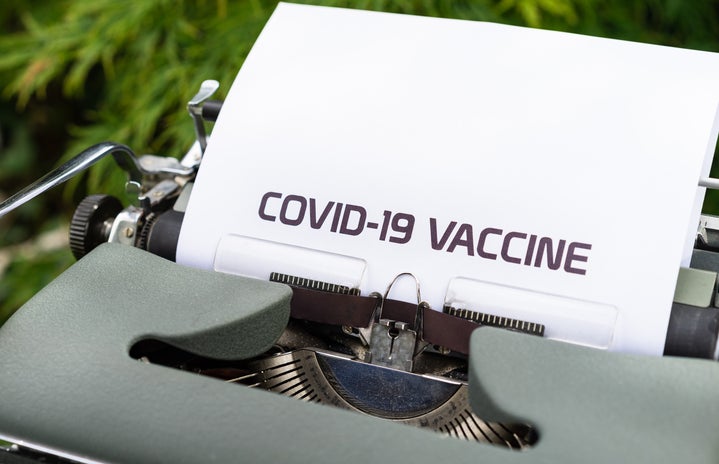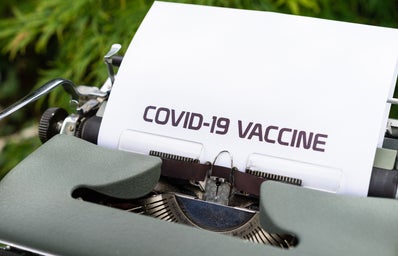COVID-19 has been anything but nice. It has drastically changed our lives and taught us all some important public health lessons. For months, it seemed there was no end in sight, until it was announced that vaccines were here and ready to be distributed at no cost. As distribution started for the Pfizer and Moderna vaccines in December of 2020, speculation was quick to follow. Vaccines are proven to save people’s lives and decrease the risk of infection by working with the body’s natural defense system. The COVID-19 vaccines do just that, protect you from contracting and spreading the virus. There are a lot of questions about the difference between Moderna and Pfizer: What are they made of? What are the side effects? Well I’m here to help you out with a simple breakdown of the similarities and differences between the two vaccines.
- Age
-
One of the main differences between the vaccines is the age at which one can receive it. For the Pfizer vaccination one has to be 16 years or older and for the Moderna, one has to be 18 years or older. The age difference is based on how they performed their clinical trials; i.e. Moderna performed their trial on people 18 or older and Pfizer 16 or older. As of now, either vaccine has not yet been tested on people below those age ranges.
- Days Between Doses
-
Another key difference is the period between doses. Each vaccine requires two doses in order to be effective. The Pfizer vaccination requires three weeks between the first dose and second dose, while the Moderna requires four weeks between doses. There are no maximum days you can go between doses, those numbers are just the required minimum.
- Type of Vaccine and Ingredients
-
The contents of the vaccine is one of the biggest questions people are asking. First and foremost, neither vaccine will give you COVID, because they do not contain SARS-CoV-2. You also will not show a positive test result from receiving the vaccine because it does not contain the SARS-CoV-2. Both of the vaccinations are mRNA vaccinations and do not contain eggs, preservatives or latex. For a full breakdown of the ingredients, feel free to check out the links at the bottom of the page.
(EUA- Emergency Use Authorization)
- Side Effects
-
Much speculation is around whether or not they will alter our DNA or if chips are being installed in our arms. I and the CDC are here to tell you neither of those are true. However, like any vaccine, there is a possibility one will feel side effects. Everyone’s body reacts differently to vaccines, so everyone’s symptoms are going to vary, both in severity and type. In clinical trials both vaccines saw common side effects such as headaches, chills, joint and muscle pain, injection site tenderness, fever and others. For a full list of possible side effects, visit the CDC website of either fact sheet from above.
The COVID-19 vaccines are safe, determined by the CDC and other public health officials, and are being distributed to save lives and return back to normalcy. Getting the vaccine will protect you and others from contracting the virus, spreading the virus, getting sick from the virus and dying from the virus. The death toll has surpassed 400,000 in America alone. Family, friends, people are dying from a deadly virus. When it is your chance to get the vaccine, don’t hesitate. If you have had the virus you still need the vaccine in order to be protected because there is a possibility that you will contract it again. If we want to get out of this, we need to get vaccinated and continue wearing masks and social distancing. The light is at the end of the tunnel, we just need to push one more time.
Moderna COVID-19 Vaccine EUA Fact Sheet for Recipients and Caregivers
Pfizer COVID-19 Vaccine EUA Fact Sheet for Recipients and Caregivers



